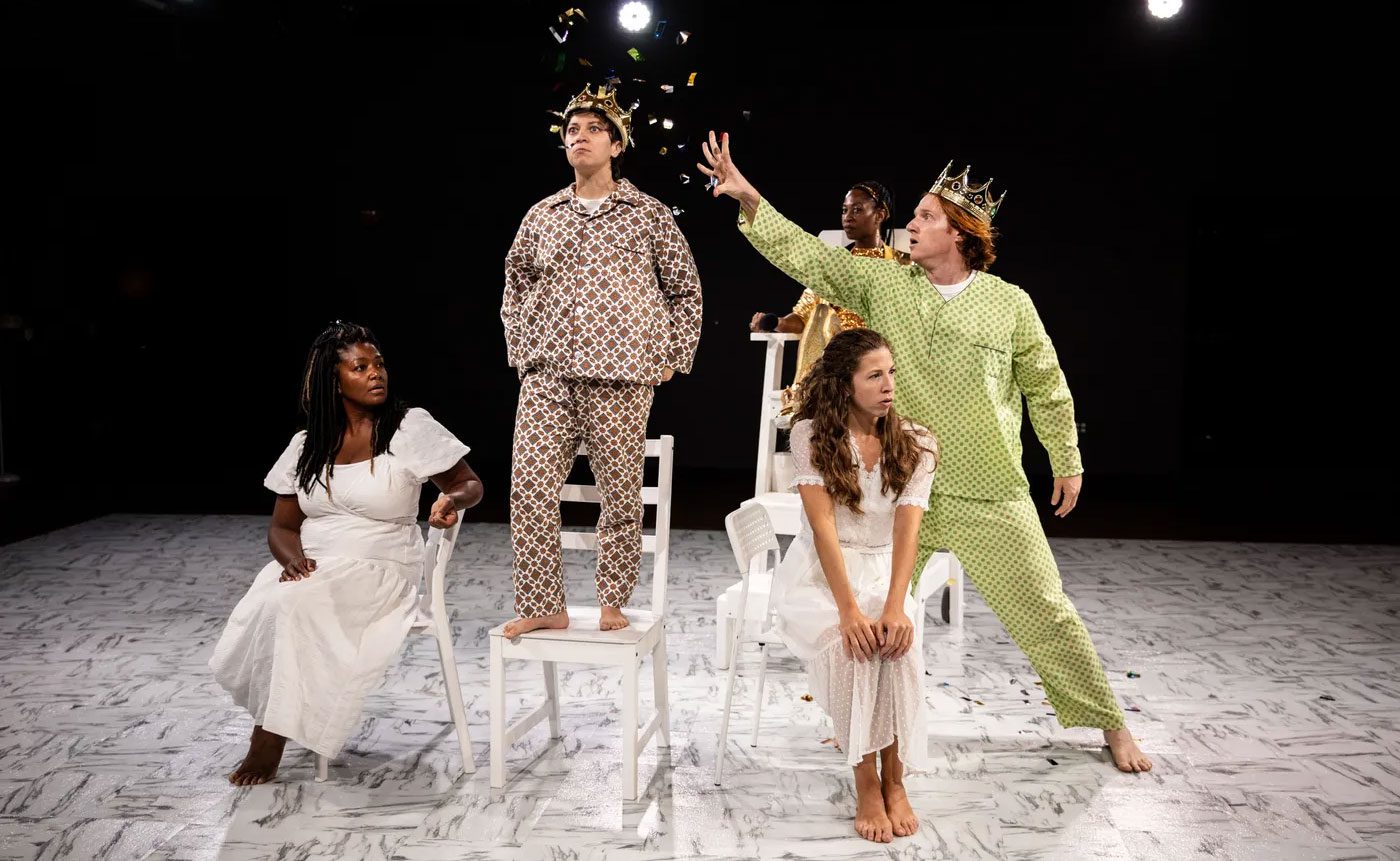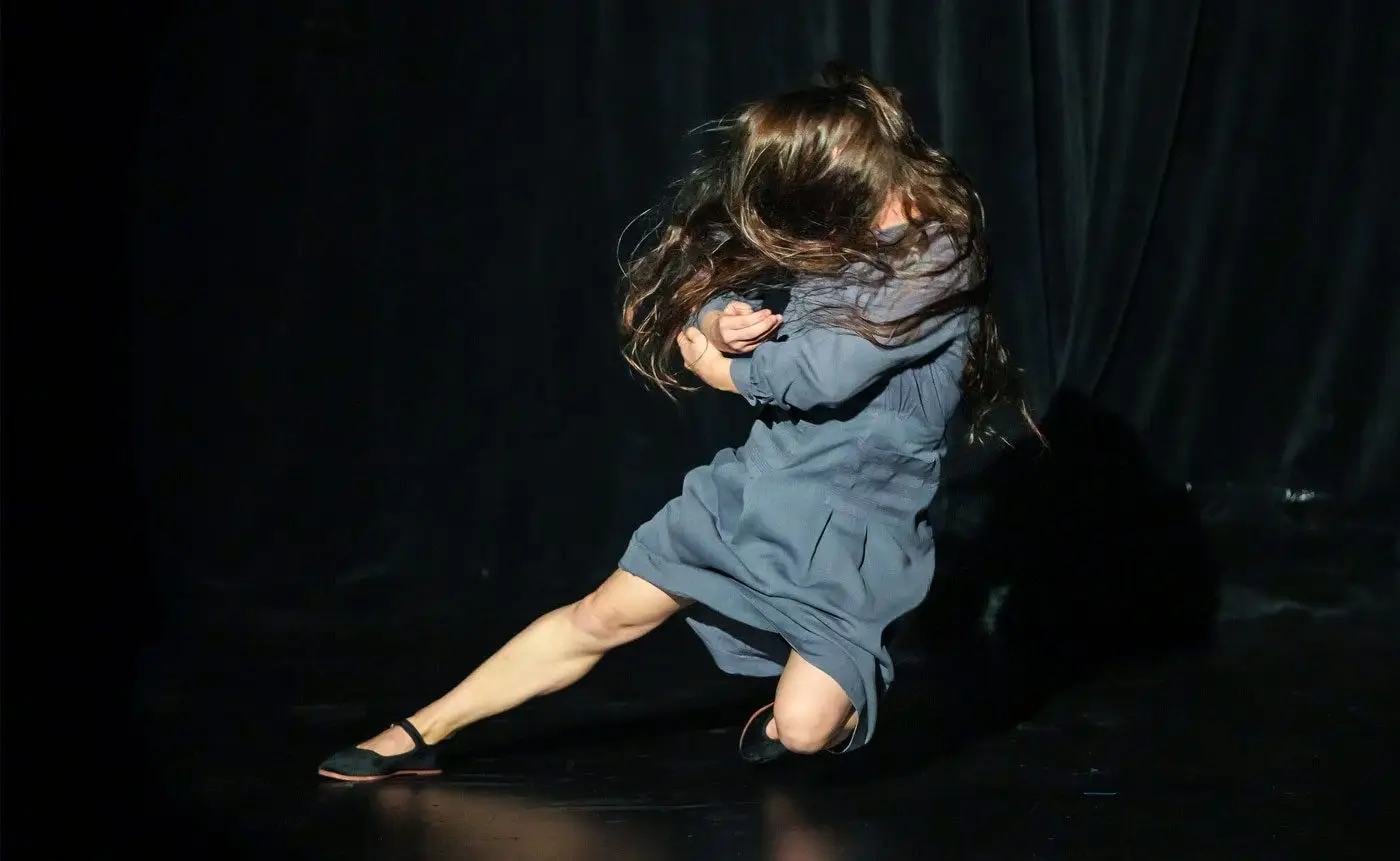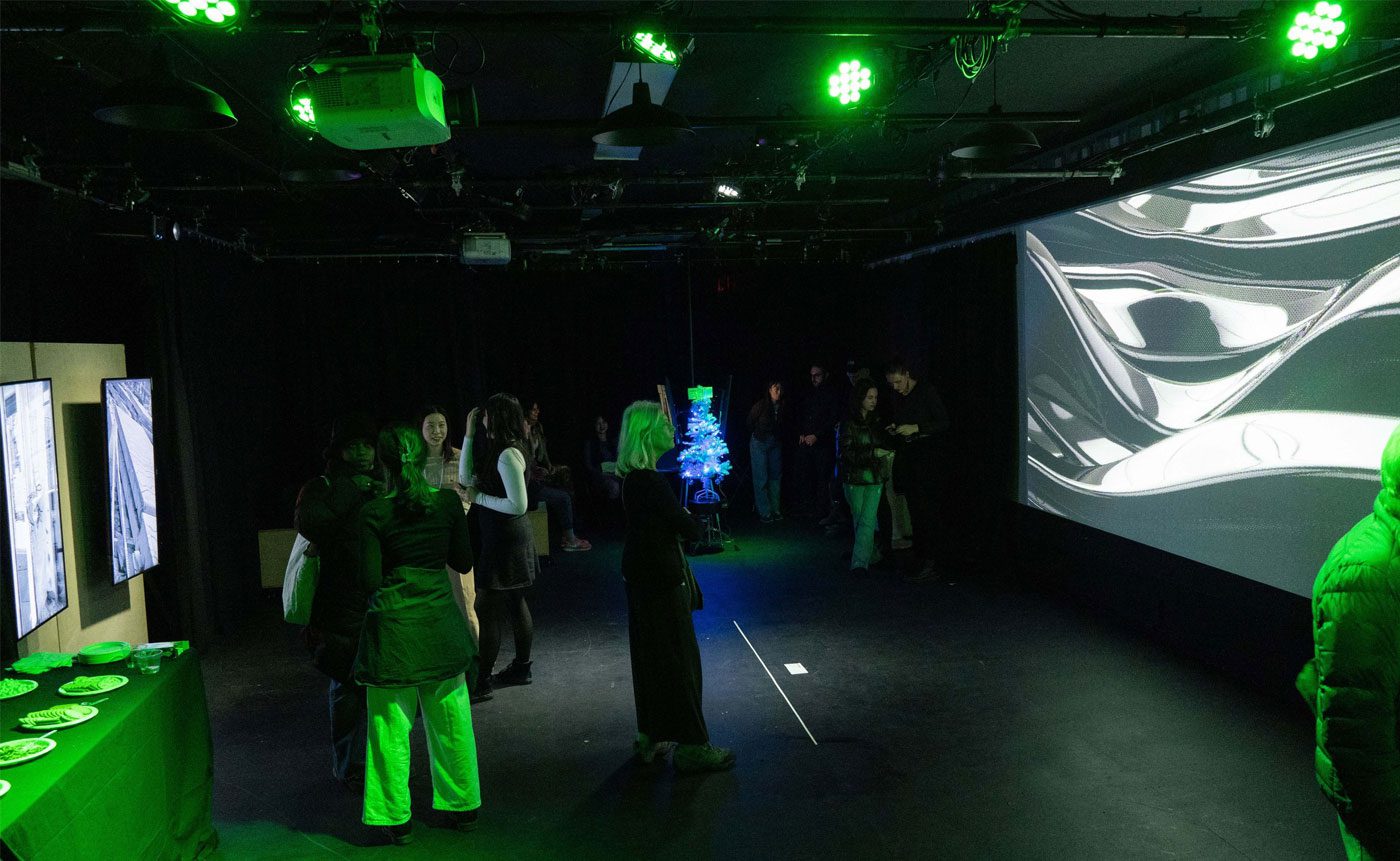
Vulture (Helen)
PHOTO ABOVE: From Helen., at LaMama. Photo: Maria Baranova
Helen., with that terse little dot at the end, is a manifesto of a title. It says: There is no “of Troy.” I am not the cause or the crux of your war. I am only myself. Full stop. We’re used to things beginning with Helen — all those ships — but here, it would seem something ends with the infamously beautiful Spartan princess.
Sadly, powerful manifestos can lead to imperfect revolutions, and feminist revisions, in their aim of busting through old stories, can sometimes forget to write new ones. Playwright Caitlin George is interested in the domestic cycles that have historically trapped and defined women — birth, marriage, motherhood, death — and in the accompanying cycles of violence that are often driven by men, both inside the home and outside of it. But while Helen. spends a lot of time declaring its heroine’s liberation from those ancient prisons, it spends much less filling her out as a human being, rather than an agency-seeking missile. “Keep walking. Where? Doesn’t matter. It’s all in the journey,” she says, “I have direction.” Somewhat ironically, Helen circles back to those last three words over and over again throughout the play — they become her refrain. Perhaps they’re even true, but direction without depth makes for a pretty flat line.
SOURCE:
https://www.vulture.com/2023/10/theater-reviews-helen-and-mahinerator.html
“Language As Onstage Engine: Helen. and Mahinerator” By Sara Holdren
You may also like
‘The Beautiful Lady’ Review: A Cabaret for the New Order
Artists and dreamers sing of revolution in a musical set on the cusp of the birth of the Soviet Unio
CultureHub (Alien Exhibition by Seoul Arts Institute Interns)
We are all aliens living here.The word 'Alien' refers to a stranger or extraterrestrial being. To




